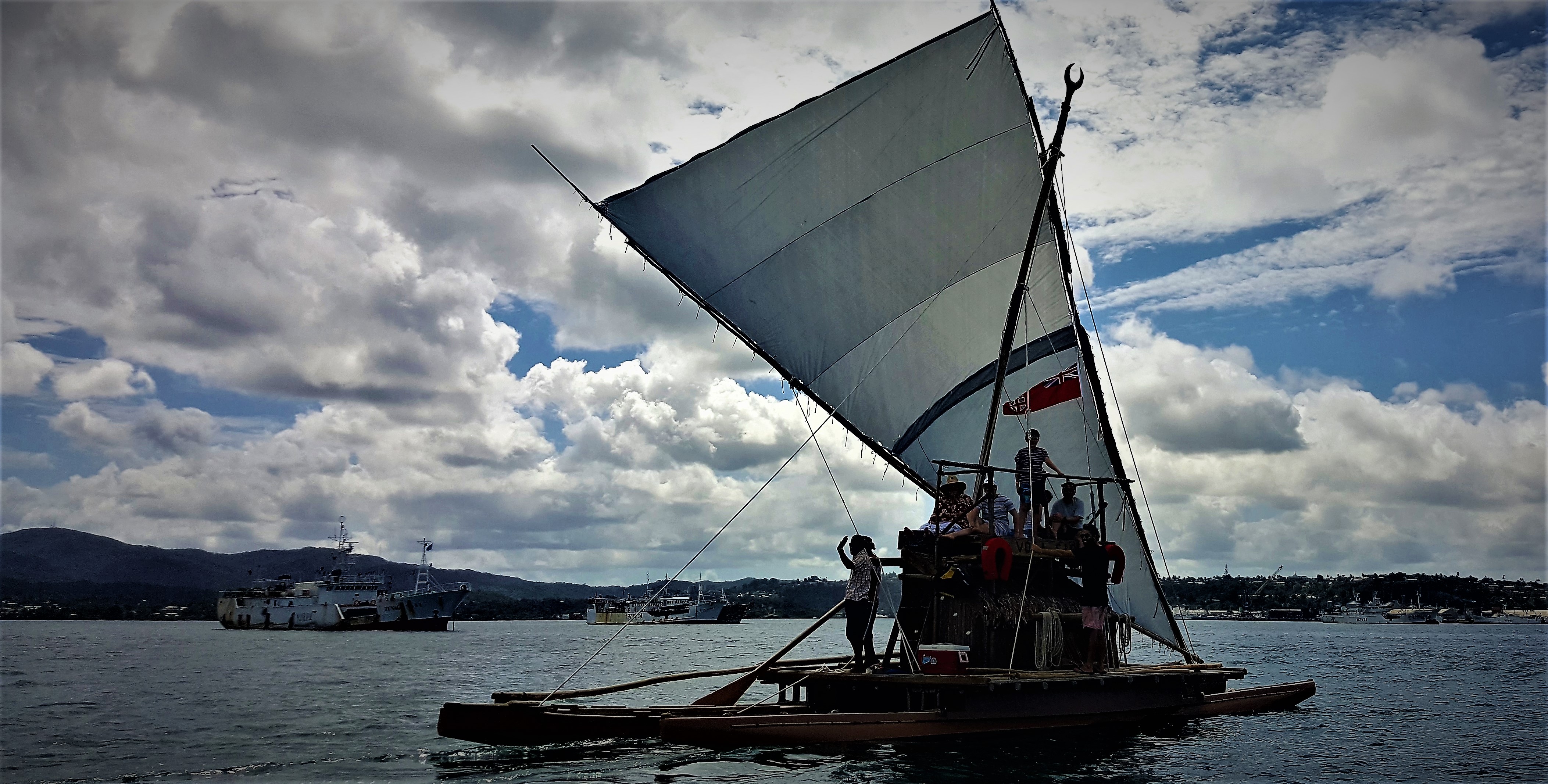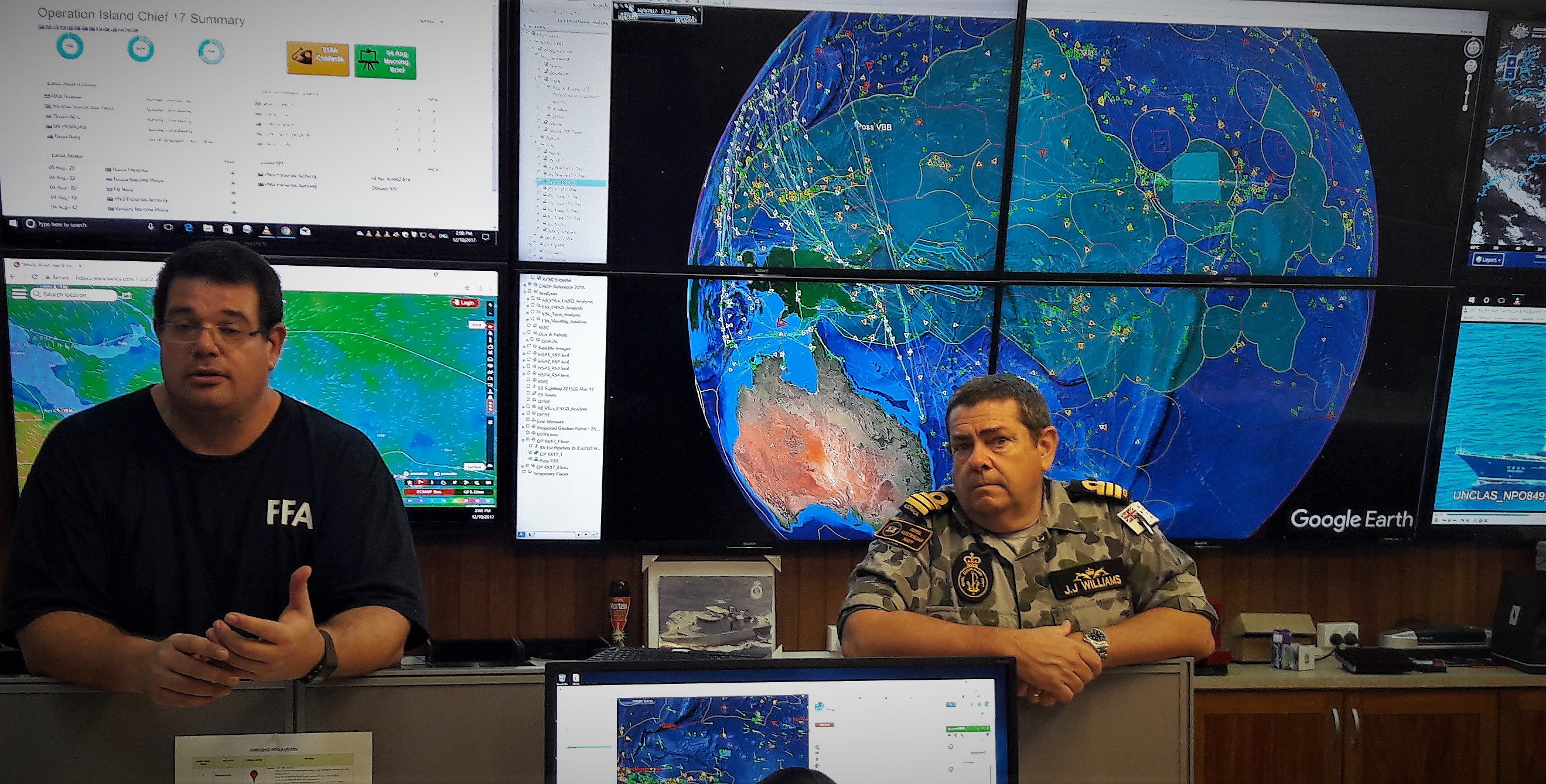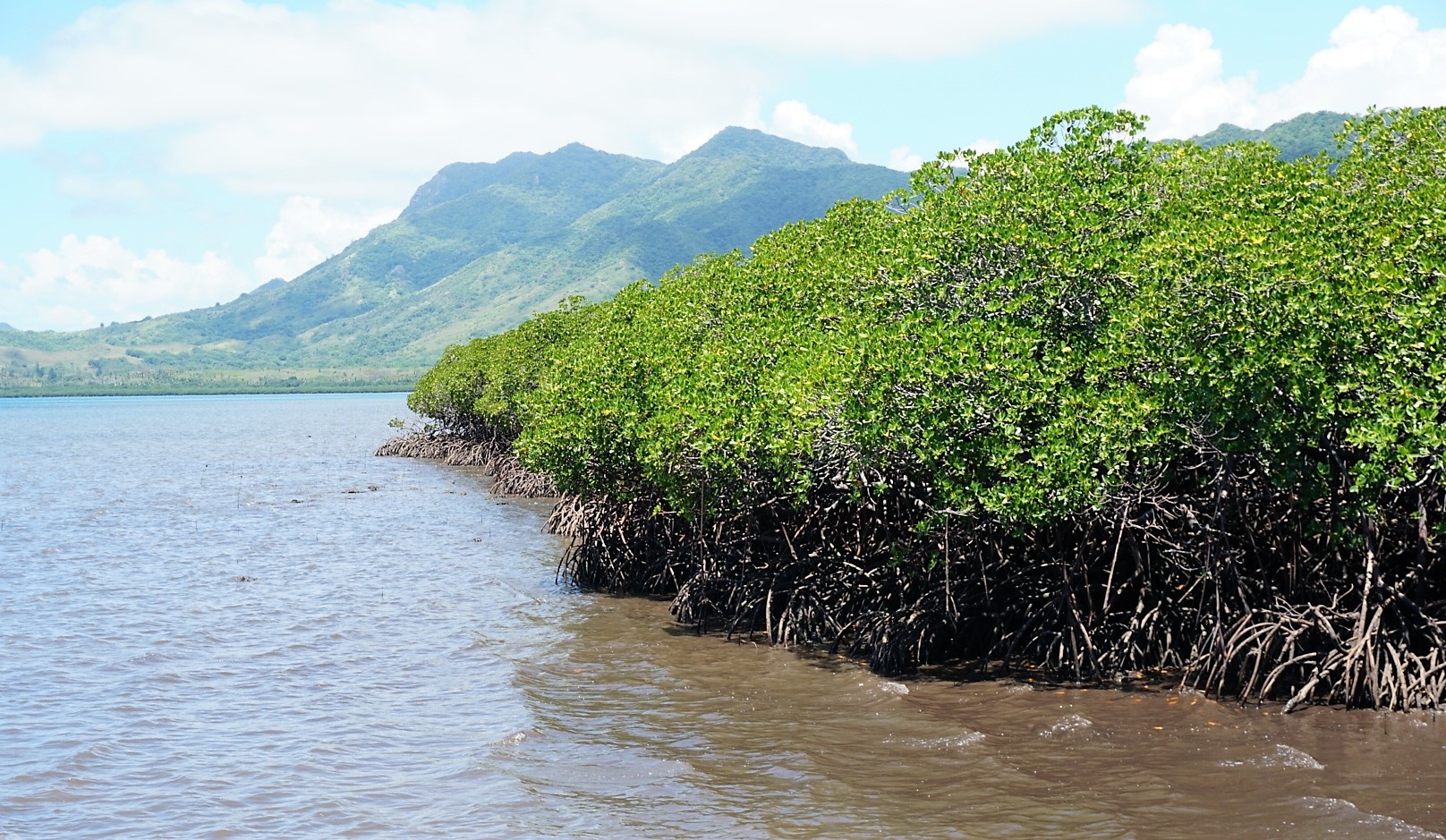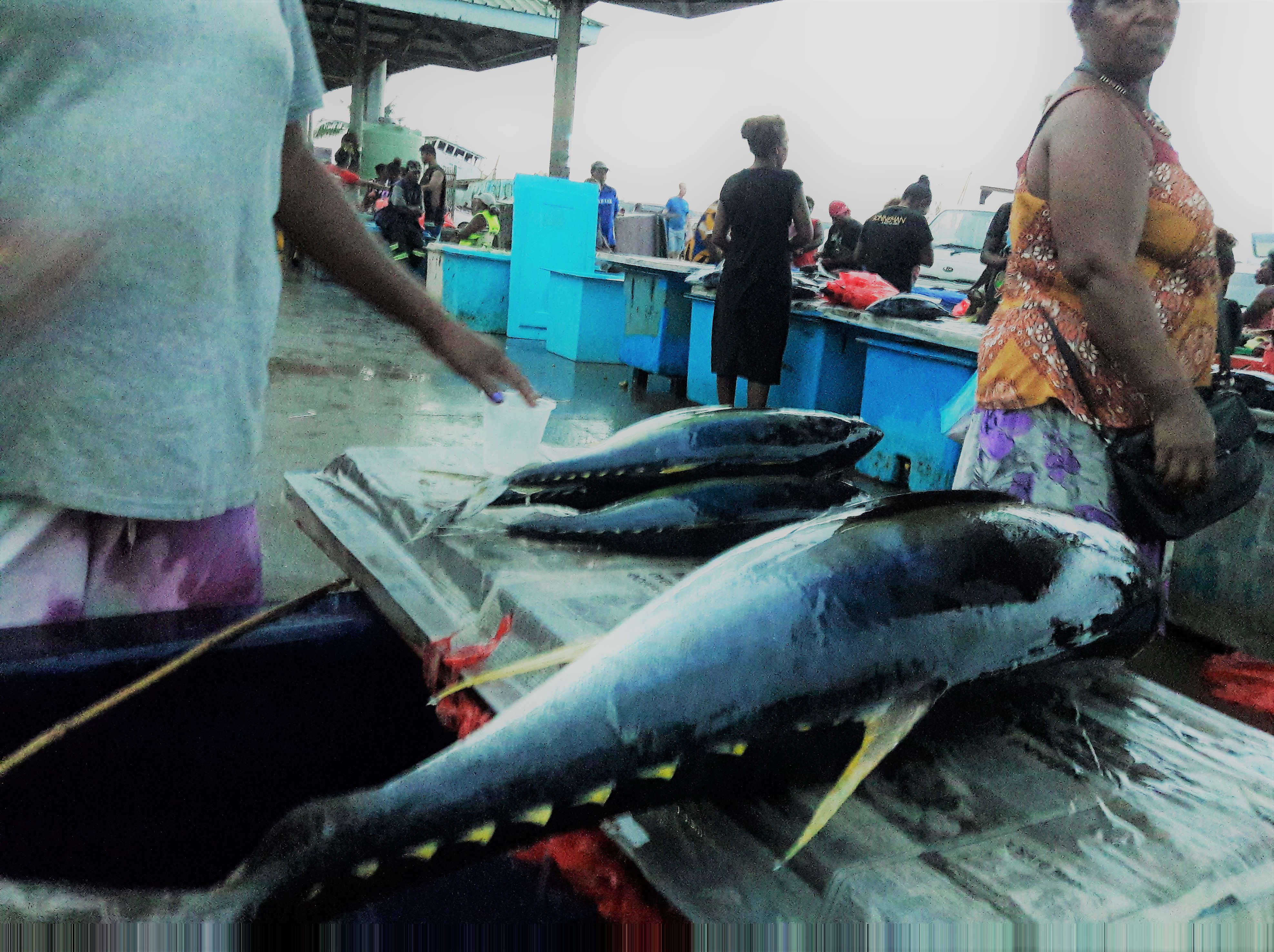The Pacific Island States have a moral authority to call on developed and developing States to curb their CO2 emissions which are the main cause of Climate Change. This is a message that Fiji will, on behalf of the people of the Pacific, lead with when it co-hosts COP23 in Bonn, Germany in November 2017.
In facing the unprecedented challenge of climate change Pacific Island States are also clear about what they want. This includes:
- The global temperature rise stays below 1.5 degrees celsius
- Healthy oceans with functioning ecosystems to enable the oceans to continue to capture CO2
- Meeting the adaptation challenges in coastal areas and on low lying atolls
- Climate financing for oceans/fisheries projects that promote sustainable use of resources and the return of a fair income from the sustainable harvesting of these resources to Pacific Island economies
- Innovative solutions to reduce the pollution and CO2 from the maritime shipping industry.
In this bulletin we address 3 specific ocean issues that represent part of how Pacific Islands can rise to the challenges of Climate Change and also illustrate why law and governance is integral to meeting the challenges. The 3 ocean issues are:
- Legal rights to ocean spaces
- Mangroves
- Marine Protected Areas

The Legal Rights to ocean spaces
In accordance with the Law of the Sea (UNCLOS) the Pacific Island States have claimed and currently enjoy the exclusive rights to "explore, exploit, conserve and manage" the largest and most significant areas of ocean space on the planet. These ocean areas and their resources that include fish and minerals are contained within Exclusive Economic Zones (EEZs) that can stretch up to 188 miles from the limits of the Pacific Island States' territorial seas. The rights to exploit, conserve and manage are sovereign rights derived from customary international law and are not derived from territorial sovereignty. These sovereign rights bestowed upon Pacific Island States also come with duties and responsibilities that include upholding freedom of navigation and permitting other States the right to harvest surplus fish. However, Pacific Island States can and do restrict access to their fishing resources through access agreements and licensing which attracts licence fees and conditions. For the 17 Member States of the Forum Fisheries Agency (FFA), which is established by Treaty and acts as an advisory body to its members, and particularly the 8 FFA Member States that form the Parties to the Nauru Agreement the economic benefits of control over access to valuable fishing stocks are significant.
However, in the event of loss of territory, a threat that some Pacific Island States are facing, it is possible that pursuant to UNCLOS those States may also lose their sovereign rights in their EEZs.
Threatened with the potential loss of their legal rights, along with all the other catastrophic threats rising sea levels will bring, Pacific Island States are left with no choice but to call for international recognition and amendments to the Law of the Sea (UNCLOS) that will guarantee their legal rights in the event of inundation. Pacific Island States should also continue to collaborate with each other and FFA to control access to their valuable fisheries resources with a view of maximising their economic benefit to Pacific Island States. The control of access and a collective approach by Pacific Island States may also require those fishers and States who are seeking access to Pacific EEZs to meet certain compliance and law and governance standards.

Inside the FFA surveillance room that monitors fishing activity within FFA Member States EEZs.
Mangroves
Healthy stocks of Mangroves are a defence mechanism to Climate Change. Amongst other things they soak up CO2, buffer encroachment, provide nurseries for fish, clean the ocean, provide storm protection, prevent coastal erosion and provide a food source and protection in times of cyclones.
However, mangroves are under threat because of development pressure, pollution and unsustainable harvesting for firewood or other uses.
Pacific Island States that have mangrove stocks should implement a law and governance framework that enables decisions to be taken that recognises and takes into account the importance of mangrove stocks to meet the numerous challenges of Climate Change. As well as designing the right decision-making processes Pacific Island States should regulate pollution and harvesting of mangrove stock and direct climate funds towards mangrove management and planting initiatives.

Mangroves buffer the coast of Northern Vanua Levu, Fiji
Marine Protected Areas (MPAs)
MPAs are areas of ocean where uses may be restricted, controlled or banned. The aims of MPAs are to protect biodiversity and protect or increase fish stocks as well as to improve the health of the ocean.
While MPAs may assist Pacific Island States to assert control over their ocean areas and may assist them to meet the challenges of Climate Change they may also remove existing use rights by restricting use of the ocean. In the Pacific context MPAs may adversely affect traditional fishing rights holders as well as licensed fishers. Many say that good fisheries management tools are a better approach than MPAs that ban users from certain areas of ocean.
Pacific Island States should only implement MPAs following a careful, open and inclusive decision-making process. This process should take into account and balance all existing user rights in MPAs and consider sustainable financing mechanisms for MPAs. The importance of good decision-making processes emphasises the importance of selecting a workable law and governance framework for the creation of context specific MPAs.
Conclusions
Pacific Island States face inevitable and imminent change and challenge that leaves them with no choice except to respond and adapt as best they are able.
In looking at 3 ocean issues being: Legal Rights, Mangroves and MPAs, common themes emerge relating to how the challenges should be met by Pacific Islands. These common themes include recognising the importance of good decision making based on:
- Inclusive, transparent and fair processes. This should ensure that decisions are made that are consistent with international law obligations but also take into account local/community voices.
- Understanding existing legal rights - both at international and national law level as good decisions should take these rights and obligations into account.
- The law and governance framework of each Pacific Island State.
In addition, Pacific Island States may act collectively to:
- Call for changes to the international law framework to protect their legal rights in their EEZs
- Control access to their valuable resources with the aim of maximising the economic benefit to Pacific Island States.
However, Pacific Island States need access to sufficient funding to strengthen their law and governance institutions to ensure that their decision-making processes are sufficiently robust to meet the challenges and hard choices that lie ahead.

Yellowfin tuna on sale at Honiara market, October 2017
This bulletin piece is a summary of a presentation provided as part of a seminar panel at the Pacific Climate Law and Governance Symposium on Friday, 20 October 2017. The Symposium was hosted by the University of the South Pacific and key partners including the University of Cambridge and the Climate Law and Governance Initiative. The Seminar panel was asked to address the following topic: "Linking the World's Climate Regime to the World's Oceans".
Please note:
This legal bulletin is provided for general information purposes only and it is not, and should not be relied on as, legal advice.



